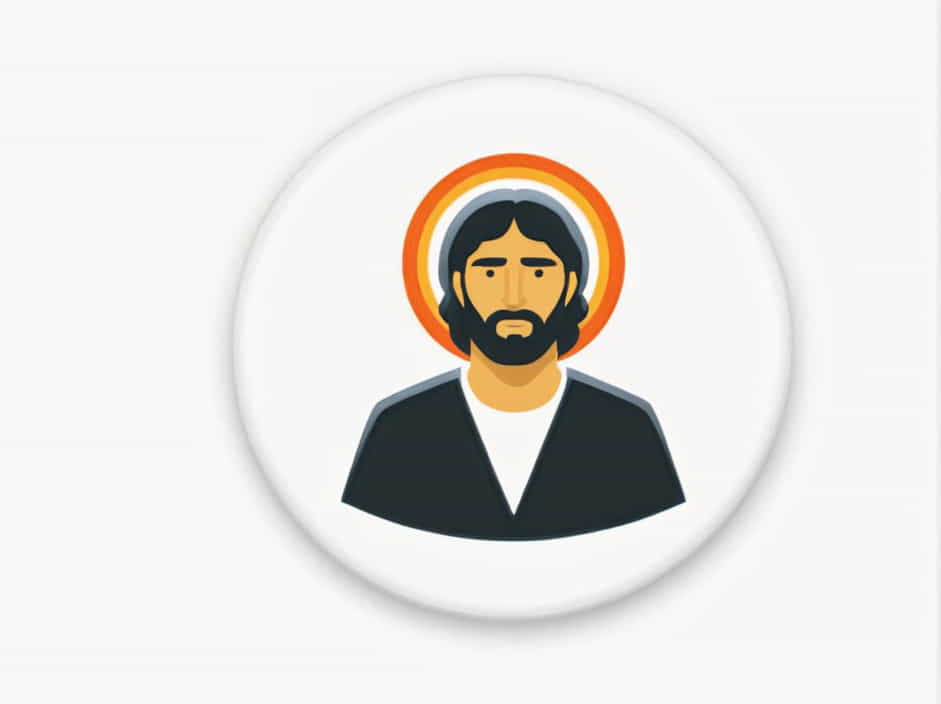Barabbas is a significant yet often overlooked figure in the Bible. His name appears in all four Gospels as the criminal whom Pontius Pilate freed instead of Jesus. The story of Barabbas is a powerful illustration of redemption, choice, and the will of the people.
Who was Barabbas? Why was he chosen over Jesus? What does his story symbolize? This topic will explore these questions in detail.
The Identity of Barabbas
Barabbas is described in the Gospels as a notorious prisoner (Matthew 27:16), an insurrectionist (Mark 15:7), and a murderer (Luke 23:19). He was imprisoned for crimes against the Roman government, likely as part of a rebellion against Roman rule.
The Meaning of His Name
The name “Barabbas” comes from the Aramaic words:
- “Bar” meaning “son of”
- “Abba” meaning “father” or “teacher”
Some ancient manuscripts suggest that his full name might have been “Jesus Barabbas”, which would mean “Jesus, son of the father.” This creates an interesting contrast between him and Jesus Christ, the true Son of the Father (God).
Barabbas vs. Jesus: The Trial Before Pilate
During the trial of Jesus, Pilate followed the tradition of releasing one prisoner during Passover. He gave the crowd a choice:
- Jesus Christ, the innocent Son of God.
- Barabbas, the convicted rebel and murderer.
The crowd, influenced by the chief priests and elders, chose to free Barabbas and have Jesus crucified (Matthew 27:20-21).
Why Did the Crowd Choose Barabbas?
There are several possible reasons why the people chose Barabbas over Jesus:
- Political Expectations – Many Jews expected a Messiah who would lead a military rebellion against Rome. Barabbas, a known insurgent, fit that expectation better than Jesus, who preached peace and love.
- Religious Manipulation – The chief priests and religious leaders saw Jesus as a threat to their power and persuaded the crowd to reject Him.
- Mob Mentality – Crowds can be easily influenced. What began as a choice turned into a chant: “Crucify Him!” (Mark 15:13-14).
The Symbolism of Barabbas’ Release
The release of Barabbas and the crucifixion of Jesus symbolize the essence of the Gospel.
-
An Exchange of the Guilty for the Innocent
- Barabbas was guilty and deserved punishment.
- Jesus was innocent but took the punishment.
- This reflects the idea that Jesus died in place of sinners, offering salvation.
-
A Picture of God’s Grace
- Barabbas was set free, not because he deserved it, but because of the crowd’s choice.
- Similarly, believers receive salvation not because of their righteousness, but through God’s grace.
-
The Choice Between the World and Christ
- Pilate’s offer represents a choice: the sinful world (Barabbas) or the path of righteousness (Jesus).
- Even today, people continue to choose between following Jesus or following worldly desires.
What Happened to Barabbas After His Release?
The Bible does not tell us what happened to Barabbas after he was freed. Some traditions speculate that:
- He may have returned to a life of crime.
- He may have reflected on Jesus’ sacrifice and repented.
- He disappeared from history, living as a free man but forever connected to Jesus’ crucifixion.
While we don’t know his fate, his story continues to teach valuable lessons about grace, justice, and redemption.
Lessons from the Story of Barabbas
1. Jesus Took Our Place
Barabbas was guilty but was set free because Jesus took his place. This mirrors the core message of Christianity: Jesus died for our sins so that we might live (2 Corinthians 5:21).
2. The World Often Rejects the Truth
The crowd chose Barabbas over Jesus, just as many people today reject Christ in favor of worldly desires. This reminds us to stand firm in faith even when the world chooses otherwise.
3. Grace Is Undeserved but Freely Given
Barabbas did nothing to earn his freedom—he was set free by another’s sacrifice. Similarly, salvation is a free gift through Jesus Christ (Ephesians 2:8-9).
Barabbas is more than just a historical figure; he represents every sinner who has been offered freedom through Jesus’ sacrifice. His story challenges us to reflect on our own choices:
- Do we choose Jesus, or do we follow the ways of the world?
- Do we accept the grace given to us, or do we reject it?
The choice Pilate gave to the crowd is the same choice we face today. Who will you choose?
